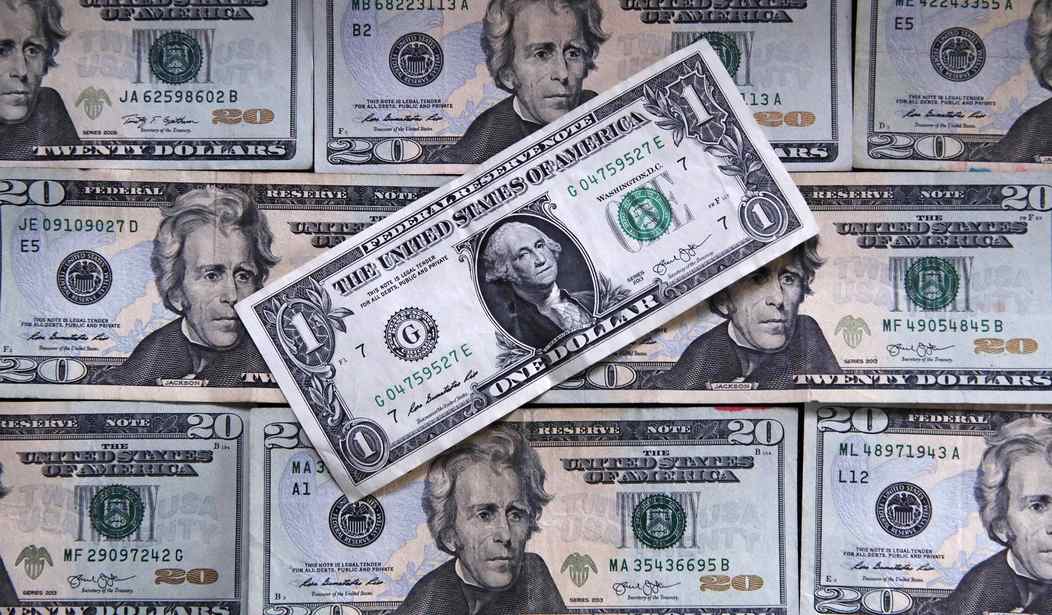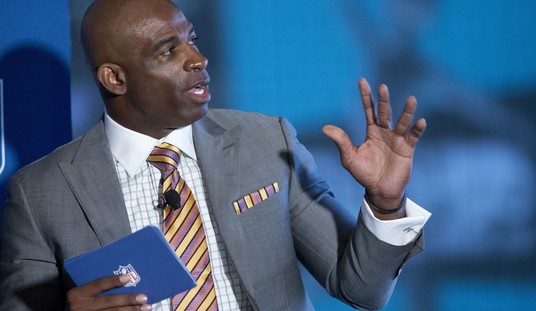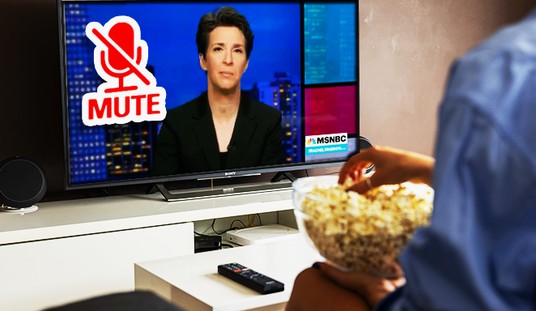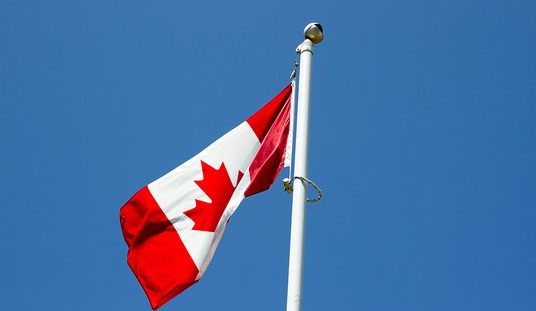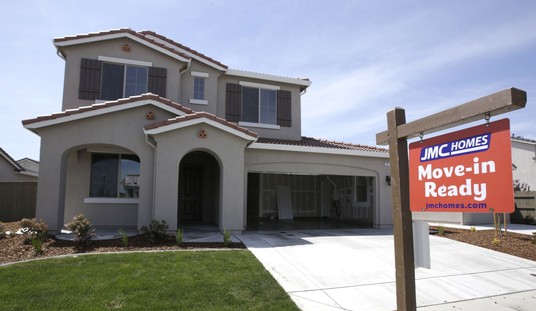Income and wealth inequality are common talking points in politics, especially among the left. Some are especially strident; Massachusetts Senator Elizabeth Warren, of 1/1024th Native American ancestry, was still pushing her unconstitutional "wealth tax" idea last I checked, and plenty of leftist politicians bemoan any inequality in wealth or income — "equity" is the catchphrase, with the implication of forcing equality not of opportunity, not under the law, but equality of outcome.
That never goes well for a nation or an economy.
This brings us to the 2024 election, in which the economy was (as it nearly always is) a major factor. This election was, more than most, an "It's the economy, stupid" election, but there was one usual aspect that we didn't hear as much about.
In 2022, the Council on Foreign Relations warned, “Income and wealth inequality in the United States is substantially higher than in almost any other developed nation, and it is on the rise, sparking an intensifying national debate.”
The economy was a major issue in the election. A month before the election, a Gallup survey found:
“The economy ranks as the most important of 22 issues that U.S. registered voters say will influence their choice for president. It is the only issue on which a majority of voters, 52%, say the candidates’ positions on it are an “extremely important” influence on their vote. Another 38% of voters rate the economy as “very important,” which means the issue could be a significant factor to nine in 10 voters.”
Here's the problem with the CFR's panic-mongering in 2022: Income and wealth inequality are, to a certain degree, inevitable. The problem with bemoaning inequalities in income or wealth – they aren’t the same thing – is legion, but the most obvious refutation is simple and can be demonstrated with a thought experiment.
Let’s say I invent something new, something sure to appeal to a broad swath of the consumer market. My invention, the Super-Kool Hyper-Gizmo, sells in the millions and makes me a billionaire. Now, where did that money come from? From millions of voluntary transactions, millions of individual people decided they wanted my Hyper-Gizmo more than the $109.95 purchase price. Millions of voluntary transactions, in which both parties gained value – both parties walked away feeling they’d come out ahead. Oh, and during the realization of the product, I also employed a few hundred or a few thousand people and did business with suppliers, shippers, and many, many others along the way.
All of these things were, again, voluntary transactions in which both parties gained perceived value. That’s how wealth is created. Entrepreneurship is the wellspring of wealth, creating value from ideas. It’s the rare politician or politics-of-envy activist who understands that — or any matter involving economics. They don’t understand that the economy is not a zero-sum game; it grows. The pie can be made larger, and everyone gets a bigger piece than they did before.
Now, let’s consider the politicians and activists arguing that income inequality is a problem and that something must be done about it. No matter what the pol claims, no matter what he proposes, all government solutions boil down to one thing: Taking wealth away from those who have earned it and giving it to those who have not. No matter what the pol’s claims, no matter what the pol’s promises, it must come to that. And government – government is the only entity that can deprive you of your property without recompense, with the implied threat of force. (Try not paying your taxes and see how long it takes the government to send men with guns out looking for you.) Free citizens, legally, can only engage in economic activity voluntarily. If a citizen takes another’s property by force, that is robbery; if he takes it by deceit, that is fraud.
That’s the point that must be abundantly clear. When a politician or an activist complains about “income inequality,” he is talking about confiscating the property of one citizen to give it to another. The proper way to address this issue is through economic growth, but for the last decade or so, the federal government has been pursuing policies that may as well be deliberately designed to squash economic growth.
That was what was overlooked in the last election.
See Related: Colorado Comrades: State Teachers Union Decries Capitalist ‘Exploitation’
Trump Levels Oprah After Her DNC Remarks With a Few Fascinating Facts
Uh-Oh: Well-Heeled Harris Donors Not Happy About Plan to Over-Tax Super-Rich, Push Her to Drop It
Income and wealth inequality will always be with us. In part, that is because both income and wealth are, to some extent, age-related. Older people have more life and work experience and have had more time to accumulate wealth, whether that is in currency or property, while young people who are just starting out are still often in the "peanut butter and ramen" stage of their lives. And, yes, part of it is behavioral. We will always have rich people and poor people because the rich will keep doing the things that made them rich, while the poor keep doing the things, generally by making bad decisions, that made them poor.
But any attempt at fixing this by the application of government force makes things worse; and if you aren't sure of that, look at the nations in the world where income inequality is worst.
The poor will always be with us. So will inequalities in income and wealth. The key point is to not have the government meddling with a supposedly free nation's economy to try to change the inevitable.

